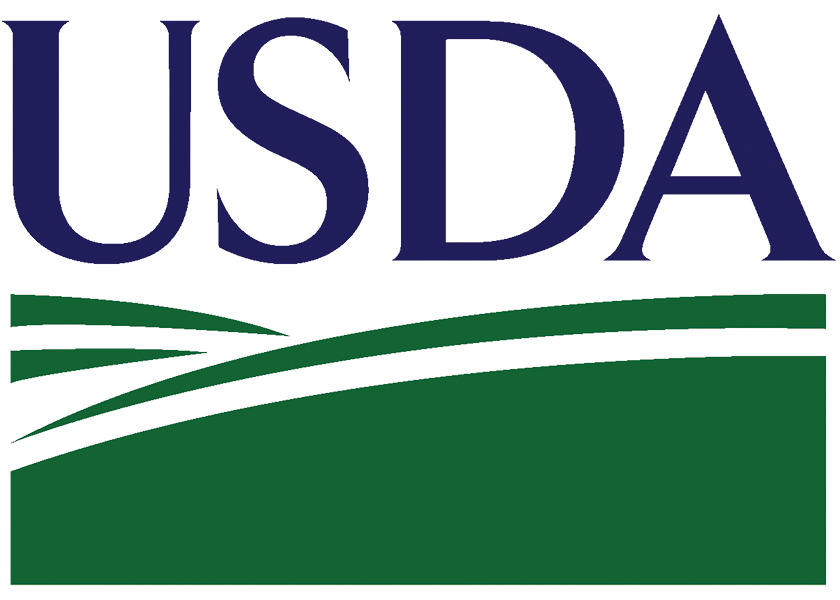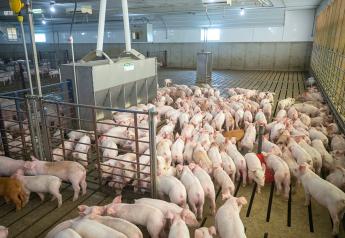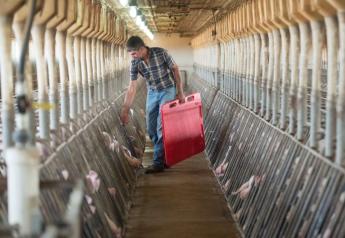USDA Launches Effort to Strengthen Validity of Animal-Raising Claims

USDA announced on June 14 that it is implementing a multi-step effort aimed at strengthening the substantiation of animal-raising claims.
This action builds on the work USDA has already done to protect consumers from false and misleading labels and to implement President Biden’s Executive Order on Promoting Competition in the American economy, USDA said in a release.
Animal-raising claims, such as “grass-fed” and “free-range,” are voluntary marketing claims that highlight certain aspects of how the source animals for meat and poultry products are raised, USDA explains. These claims must be approved by USDA’s Food Safety and Inspection Service (FSIS) before they can be included on the labels of meat and poultry products sold to consumers. FSIS updated its guideline on these claims in 2019.
“Consumers should be able to trust that the label claims they see on products bearing the USDA mark of inspection are truthful and accurate,” Agriculture Secretary Tom Vilsack said in a release. “USDA is taking action today to ensure the integrity of animal-raising claims and level the playing field for producers who are truthfully using these claims, which we know consumers value and rely on to guide their meat and poultry purchasing decisions.”
FSIS has received several petitions, comments, and letters from a wide range of stakeholders asking the agency to reevaluate its oversight of animal-raising claims, specifically, how they are substantiated. In addition, the veracity of “negative” antibiotics claims (e.g., “raised without antibiotics” or “no antibiotics ever”) has come into question, the release said.
Responding to a request for a statement, NCBA Vice President of Government Affairs Ethan Lane said, “Labeling claims provide value back to cattle producers across the country who go the extra mile to distinguish their product for consumers. NCBA supports efforts by the Agricultural Marketing Service to continue creating producer opportunities to add value and distinguish their products in a way that consumers can trust. We will also work with FSIS to ensure the agency is meeting its separate and distinct food safety mandate.”
In partnership with USDA’s Agricultural Research Service (ARS), FSIS will conduct a sampling project to assess antibiotic residues in cattle destined for the “raised without antibiotics” market. The results will help inform whether FSIS should require laboratory testing results be submitted for the “raised without antibiotics” claim or start a new verification sampling program.
FSIS will also issue a revised industry guideline to recommend that companies strengthen the documentation they submit to the agency to substantiate animal-raising claims. The agency plans to strongly encourage use of third-party certification to verify these claims, USDA said. These actions will be used to guide potential rulemaking on animal-raising claims.
Read More:
Meat Processing Plants: What Factors are Critical for Survival?
Missouri Legislators Push for Stricter Penalties to Protect Livestock Transportation
Rural Revival: Why 3 Pig Farmers’ Wives Quit Teaching and Bought a Coffee Truck
‘Girl on Fire’ Sells Pig for $111,000 in Parker County Livestock Auction







